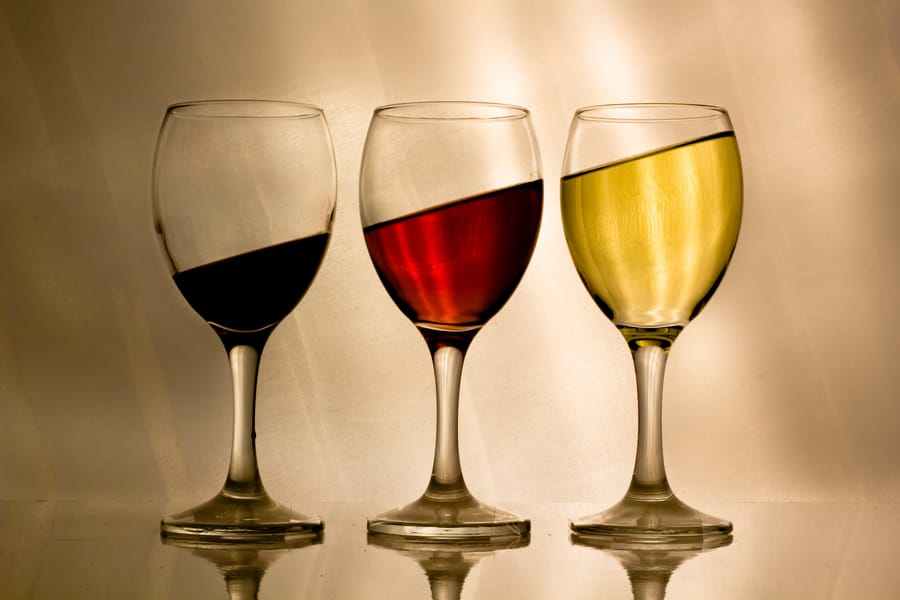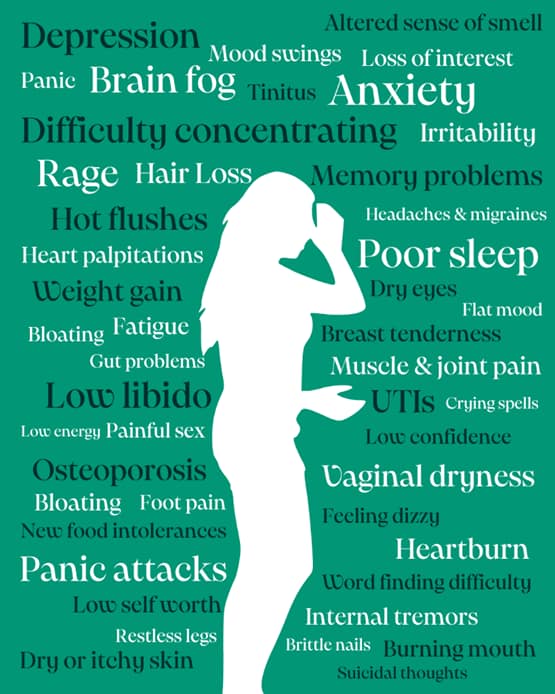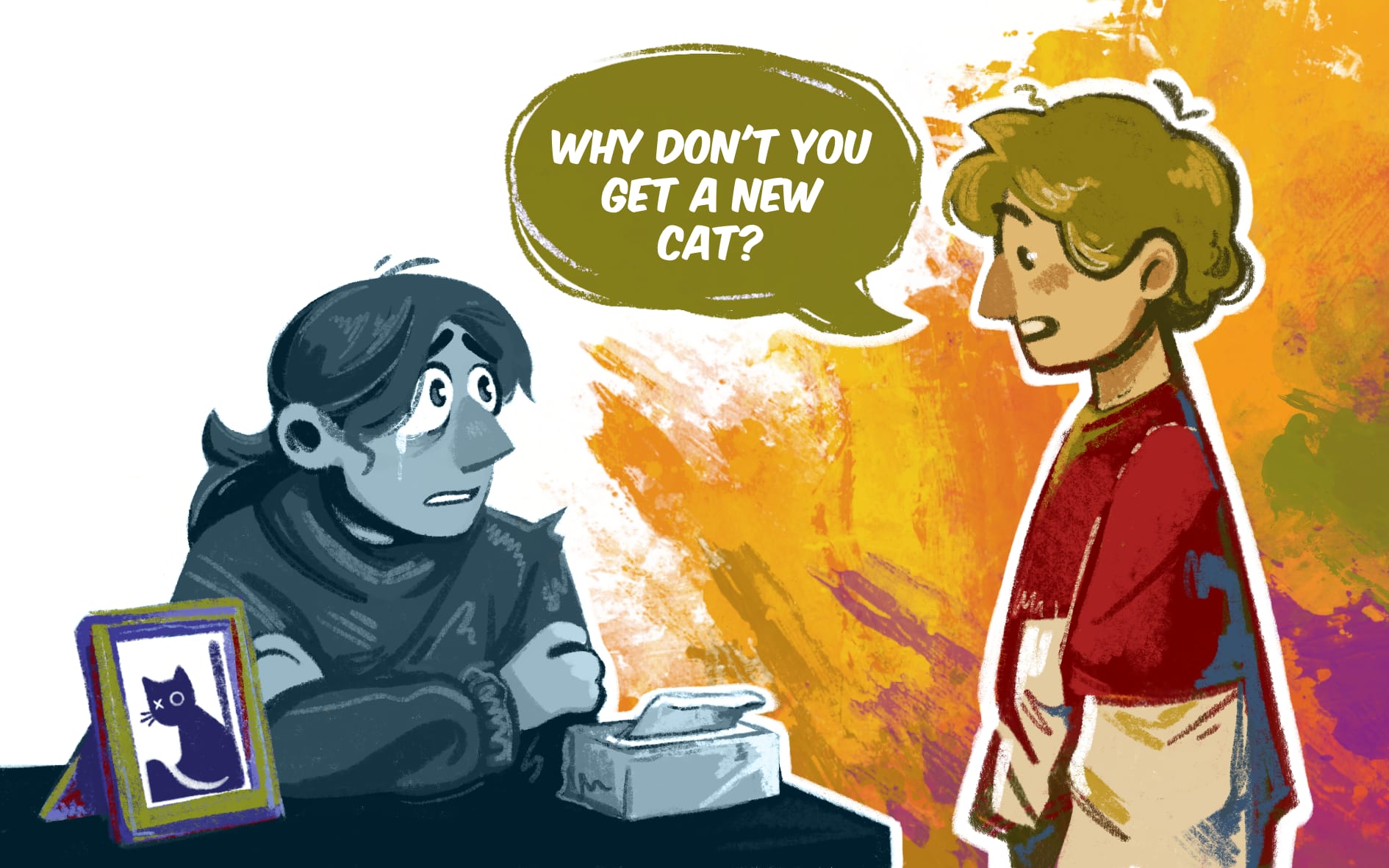
Alcohol and mild traumatic brain injury: Does being drunk speed up the recovery?
We have probably all been there: cycling home in the wee hours of the night with one too many beers under the belt. In your intoxicated state you would probably not consider this, but the risk that you fall and sustain a mild traumatic brain injury (mTBI or concussion) has just been tripled. Estimates are that 30-50% of all mTBIs are incurred when people are under the influence of alcohol. These rates are hardly surprising, considering the fact that an alcohol intoxication leads to impaired motor control, increased risk taking and (as many might know) some very bad decision making.
“Because such a large portion of the total mTBI group is intoxicated at the time of injury, it is very interesting to see if this group differs from the patients that were sober, and if being intoxicated has an effect on the recovery and outcome.”
First, a short recap for the readers that do not have their definitions of traumatic brain injury at hand. Traumatic brain injury is one of the most common neurological disorders, with mTBI accounting for 80-90% of all TBIs. In mTBI, there is a short period of loss of consciousness and/or a state of confusion after the injury (post-traumatic amnesia) due to an external blow to the head. Per year, there are approximately 68,000 people in the Netherlands who sustain a mTBI. Of these (relatively young) patients, a relatively large subgroup does not return to work 6 months after injury, due to persisting cognitive complaints. This means a huge loss of work productivity, so it is worth investigating factors that may influence outcome, for example: being intoxicated at the time of injury.
“There has been some research on TBI and acute alcohol intoxication (AAI) and its influence on outcome, and both negative as positive effects have been found.”
For example, studies found higher rates of mortality, and an increased susceptibility to infections due to a suppressed immune system and a worse cognitive recovery in intoxicated patients. However: the complete opposite findings have also been reported, like a reduced risk of mortality, an attenuating effect on inflammatory responses, and a better performance on neuropsychological tasks. However, most of the current studies (especially the ones concerning pathophysiology) are based on animal studies, and are focused on outcome following severe TBI, or TBIs of varying severity.
“In our study, we wanted to fill this gap by focusing on mTBI patients specifically.”
We aimed to describe the characteristics of mTBI patients that were intoxicated at the time of injury, and compare them to sober mTBI patients. We investigated clinical characteristics, demographics and the mechanism of injury. We also wanted to see if there was a difference in mood and post-traumatic stress related complaints between these groups, and, of course, functional outcome. We included 530 patients with mTBI admitted to the emergence department of the University Medical Center Groningen and the St. Elisabeth Hospital Tilburg. These patients received questionnaires two weeks and six months after their injury. We found some interesting differences between the intoxicated and the sober patients. The intoxicated group was younger, consisted of more males, and sustained their injuries through different mechanisms. The injuries of these patients were more often caused by falls and violence, than by car collisions and sports injuries. Moreover, the intoxicated patients were initially assessed to have a more severe injury, and were admitted to the hospital more often (the majority for one day only). However, even after correcting for age, gender and severity of injury: intoxicated patients had a significantly better outcome six months post-injury than sober patients.
“There are different explanations for the fact that although intoxicated patients have a worse initial clinical presentation at the time of assessment, the outcome is better than in the sober group.”
First, patients who are drunk may seem worse, creating the erroneous impression of a more rapid recovery. Second, intoxicated patients may receive more care than other patients. For example, our study shows that intoxicated patients are admitted for one day more often, probably just to sleep off their inebriation. Third, and unfortunately not within the scope of this research, there is also the possibility that AAI could have had a neuro-protective effect by attenuating the neuroinflammatory response. So can we conclude that it is best to be drunk when falling on the head? Not exactly. Although there are several studies that suggest a protective effect of alcohol, these effects remain inconsistent cannot be fully explained by the findings of our study. Moreover, we can conclude that being drunk is a high risk factor for the incidence of mTBI, especially for (male) young adults.
“Therefore, alcohol might have a positive effect on recovery after mTBI, but chances are bigger that you sustain an mTBI in the first place. There’s your Catch-22 right there.”
References
Jacobs, B., Beems, T., Stulemeijer, M., van Vugt, A. B., van der Vliet, T. M., Borm, G. F., & Vos, P. E. (2010). Outcome prediction in mild traumatic brain injury: age and clinical variables are stronger predictors than CT abnormalities. J Neurotrauma, 27, 655-668.
Lange, R. T., Iverson, G. L., & Franzen, M. D. (2008). Effects of day-of-injury alcohol intoxication on neuropsychological outcome in the acute recovery period following traumatic brain injury. Arch Clin Neuropsychol, 23, 809-822.
Scheenen, M. E., de Koning, M. E., van der Horn, H. J., Roks, G., Yilmaz, T., van der Naalt, J., & Spikman, J. M. (2015). Acute alcohol intoxication in patients with mild traumatic brain injury: characteristics, recovery and outcome. J Neurotrauma, in press.
Sperry, J. L., Gentilello, L. M., Minei, J. P., Diaz-Arrastia, R. R., Friese, R. S., & Shafi, S. (2006). Waiting for the patient to “sober up”: effect of alcohol intoxication on glasgow coma scale score of brain injured patients. J Trauma, 61, 1305-1311.
Teng, S. X., & Molina, P. E. (2014). Acute alcohol intoxication prolongs neuroinflammation without exacerbating neurobehavioral dysfunction following mild traumatic brain injury. J Neurotrauma, 31, 378-386.
NOTE: Image by Kimery Davis, licenced under CC BY 2.0



